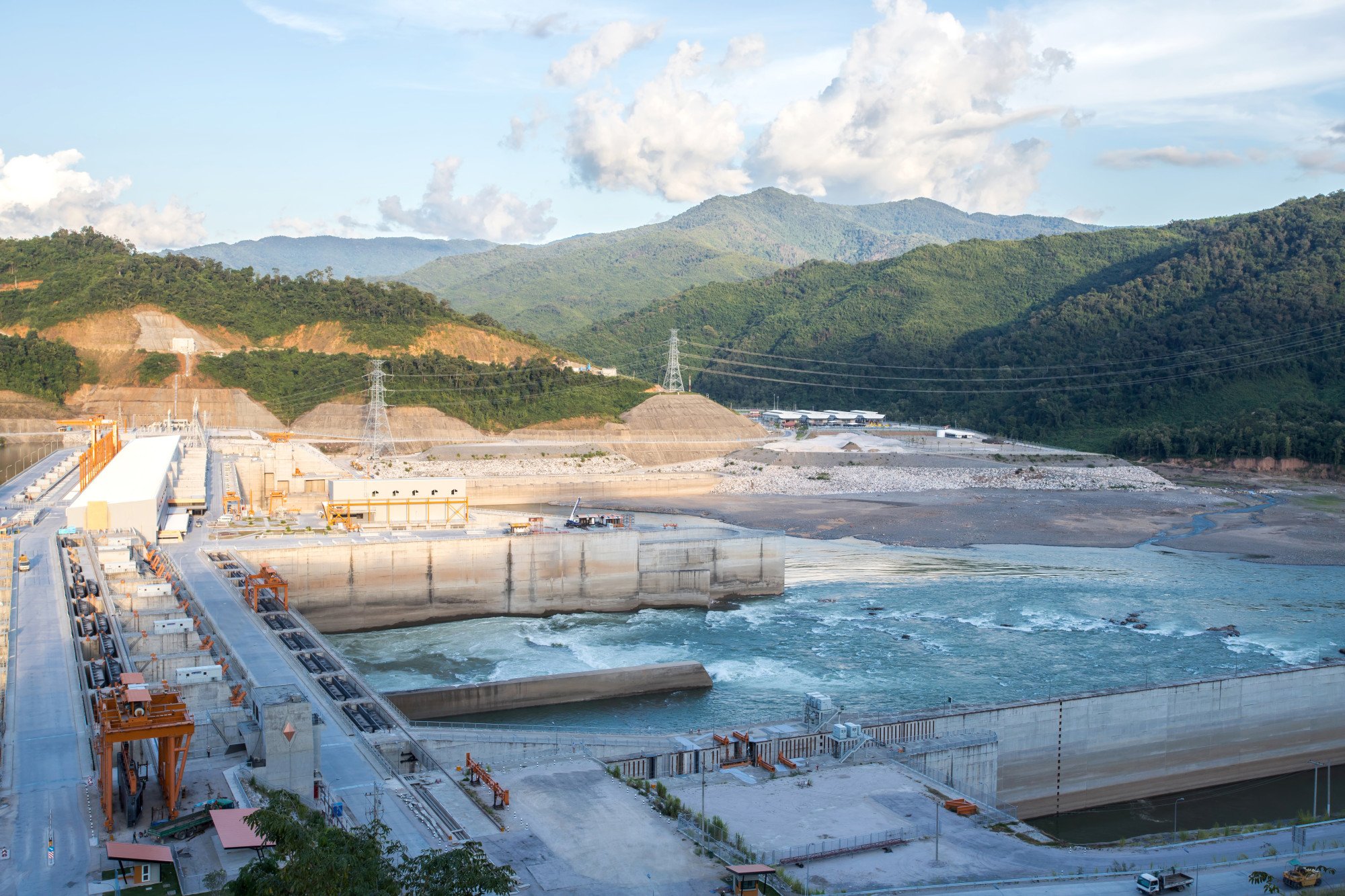
Indonesia’s green-energy export ban puts Asean’s power grid plans at risk
- Jakarta’s ban on renewable-energy exports has dealt a major blow to the long-awaited prospect of an interconnected power grid for Southeast Asia
- It has also thrown import-dependent Singapore’s green-energy plans into doubt – but there are still grounds for optimism
Perhaps most importantly, such a grid would offer the region a path towards decarbonisation, if it were used to support the development and trade of renewable electricity to meet Asean’s growing energy needs.

Yet recent moves by Indonesia – the region’s largest country, with enormous potential for renewable energy generation – should temper any optimism that the arrival of an Asean power grid is at hand.
Such a ban deals a major blow to the proposed Asean power grid as it jeopardises existing plans for the development of bilateral renewable energy trade links, which academics have noted are required as a first step towards the completion of broader regional projects.
A win-win arrangement
Singapore aims to import about 30 per cent of its electricity from low-carbon sources by 2035, so it needs the likes of Indonesia to export renewable energy as the city state lacks the capacity to generate much by itself.
Indonesia, meanwhile, needs around US$16 billion in investments each year to harness its green-energy potential, according to the International Renewable Energy Agency, and would benefit from Singapore’s investment, expertise and capital. The city state is already the largest investor in Indonesia’s renewable energy development, as other developed nations and private capital demur.
It would seem mutually beneficial, then, for Indonesia to export renewable energy to Singapore in return for development assistance. The Indonesian ambassador to Singapore explicitly advocated such an arrangement in a November article in The Straits Times.
Singapore-Australia solar power link spurs call for Indonesia to shed carbon habit
But the export ban means that neither country benefits. There are ramifications for the rest of the region, too, as without the development of a renewable-energy axis between Singapore and Indonesia, it is hard to see how the Asean power grid will ever come to completion.
So what explains Indonesia’s export ban? We may point to three interconnected factors.
Geopolitics, nationalism
The first and most straightforward is global geopolitical and economic trends. Energy prices have risen across the board as countries scramble for resources, so it is unsurprising to see anxious Indonesian policymakers attempting to ensure they have enough left to power the country’s economic growth.
Second, the move can be read as a resurfacing of Indonesia’s history of economic nationalism. Scholar Franklin Weinstein’s classic Indonesian Foreign Policy and the Dilemma of Dependence details how generations of Indonesia’s elite policymakers, scarred by a history of imperialism, have been acutely sensitive to any potential erosion of their economic sovereignty.
Bahlil, the Indonesian investment minister, told The Jakarta Post that the renewable-energy export ban was done to “protect our country”, labelling the policy that had preceded it as a set of “crazy ideas” and citing the need to “prioritise domestic needs over other countries”.
This is not atypical for Indonesia, which used similar language when announcing comparable bans on coal exports in January, and palm oil in May.

The coal industry’s role
The third factor at play in Indonesia’s ban is its politically influential coal industry, which benefits from considerable subsidies. Indonesia is, alongside Australia, the top exporter of coal in the world, with around 80 per cent of its total production sent overseas, including to powerful players such as China and India.
Developing renewable-energy export markets could threaten coal’s place as Indonesia’s prime energy-export commodity, especially if it entailed policy changes such as changes to subsidies or restrictions on coal-fired power plants.
Hints of the coal industry’s role can be detected in a bill put before Indonesia’s parliament soon after renewable-energy exports were banned.
As Gulf nations eye clean energy, what does this mean for Asia?
The bill is ostensibly about promoting renewable energy, but it also shows parliament’s willingness to accommodate the coal industry’s interests, according to the Indonesia-based Institute for Essential Services Reform think tank.
If passed, the draft law would, rather dubiously, classify liquefied and gasified coal as “new energy” sources – locking-in the coal industry’s interests in the near future by allowing it to retain its market share.
Given the long history of coal lobbying in Indonesia, it wouldn’t be surprising if the industry had intervened to curtail the development of the country’s renewable-energy trade.
Grounds for optimism
Despite this apparent setback for an integrated Asean power grid, recent history provides grounds for optimism.
Indonesia’s earlier export bans on coal and palm oil proved temporary and were eventually reversed, and Deputy Coordinating Economic Affairs Minister Edi Prio Pambudi has publicly criticised the renewable-energy export ban, indicating that it has its detractors within the government.
Indonesia’s clean energy dream: a victim of coronavirus, or politics?
Diplomacy could play a key role moving forward. Minister Bahlil is set to be invited to Singapore for further talks, and the city state’s Minister of Trade and Industry Gan Kim Yong has stated that he is looking for a win-win solution. Negotiations may focus on increasing the proportion of renewable energy used domestically versus what’s exported.
One hopes that this episode represents a mere blip in the grand scheme of things. The incentives and logic behind the Asean power grid remain the same, and should hopefully prove irresistible.
Quah Say Jye is a researcher at the Asia Competitiveness Institute, Lee Kuan Yew School of Public Policy, National University of Singapore.

